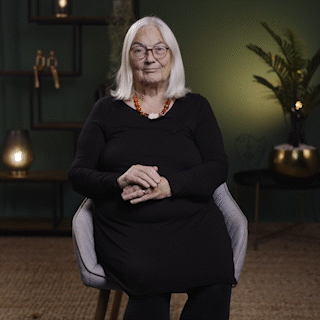Learn about eating disorders
WHAT ARE EATING DISORDERS?
Eating disorders are complex mental illnesses affecting people of all ages, genders, ethnicities and backgrounds - anyone can develop one.
People with eating disorders use disordered eating behaviour as a way to cope with difficult situations or feelings. This behaviour can include limiting the amount of food eaten, eating very large quantities of food at once, getting rid of food eaten through unhealthy means (e.g. making themselves sick, misusing laxatives, fasting, or excessive exercise), or a combination of these behaviours.
It’s important to remember that eating disorders are not all about food itself, but about feelings. The way the person treats food may make them feel more able to cope, or may make them feel in control, though they might not be aware of the purpose this behaviour is serving. An eating disorder is never the fault of the person experiencing it, and anyone who has an eating disorder deserves fast, compassionate support to help them get better.
So that healthcare professionals can choose the right kind of treatment for someone, there are a number of different eating disorders that someone can be diagnosed with. It’s possible for someone to move between diagnoses if their symptoms change – there is often a lot of overlap between different eating disorders.
Eating disorders help and resources
Types of eating disorders
Learn more about eating disorders, including different diagnoses and how diagnosis works.
Do I have an eating disorder?
Learn about different diagnoses and what to be aware of if you think you or someone you know may have an eating disorder.
Ask a question about eating disorders

We have teamed up with JAAQ to bring you real, down-to-earth conversations about eating disorders.
Eating disorder myths
Eating disorders are often misunderstood. Here we address some of the misconceptions that surround these serious mental illnesses.
Downloads and Resources
View our resources on eating disorders. Including, help with a GP appointment, posters and leaflets.
Understanding "pro-eating disorder" content
Unfortunately, a lot of content online about eating disorders is not helpful for recovery. Learn more about the dangers of "pro-ana" and "pro-mia" content and some positive alternatives.
Related Pages
Eating Disorder Statistics & Research
How many people have an eating disorder in the UK?
We estimate that around 1.25 million people in the UK (1 in 50) have an eating disorder.
Eating disorder research
Learn more about existing eating disorder research findings and find out about current research studies.